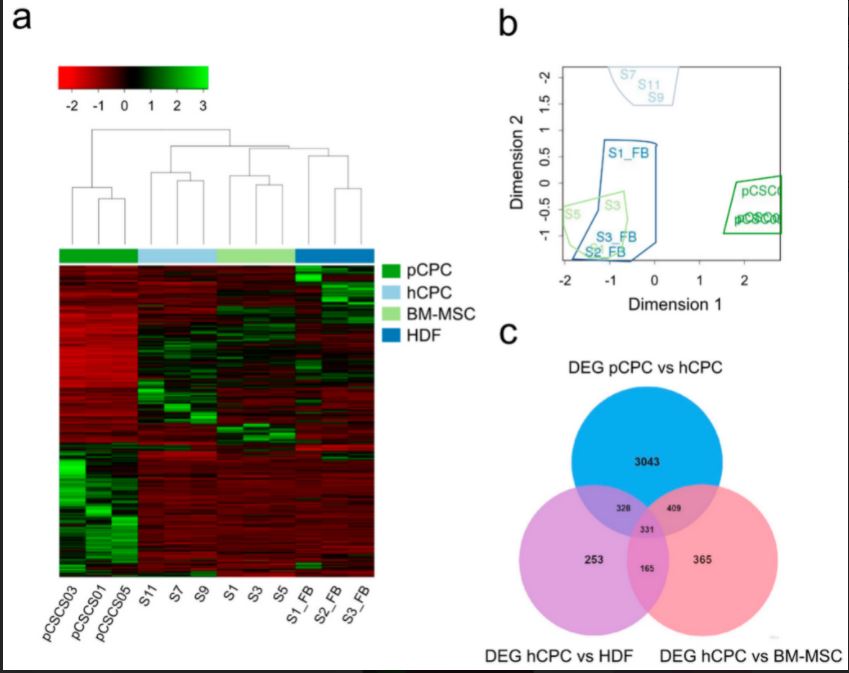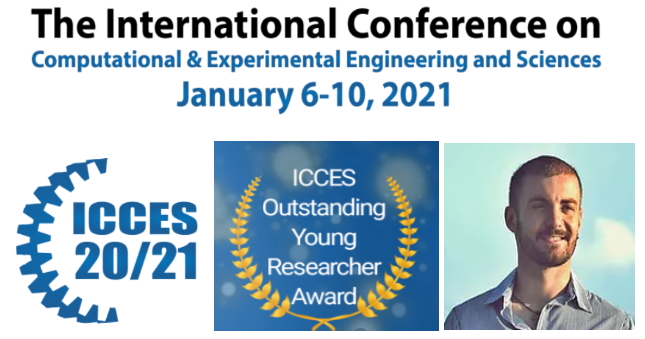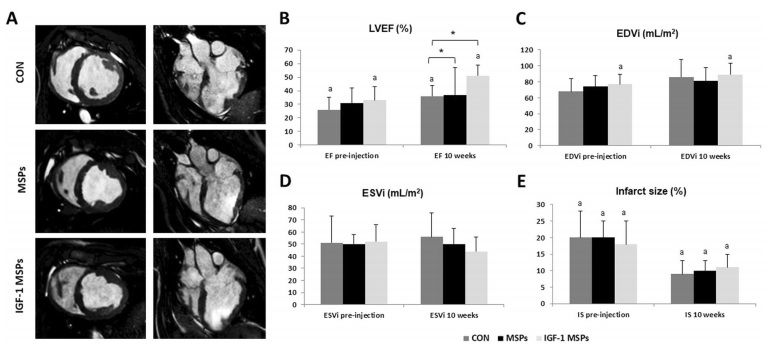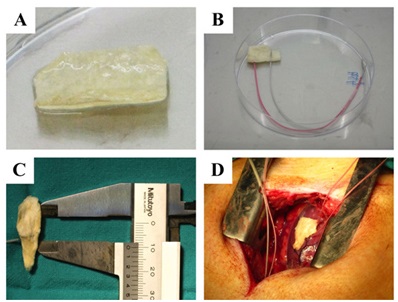Intracoronary Delivery of Porcine Cardiac Progenitor Cells Overexpressing IGF-1 and HGF in a Pig Model of Sub-Acute Myocardial Infarction
Researchers of NANBIOSIS units U14 Cell Therapy unit, U21 Experimental operating rooms and U24Medical Imaging at JUMISC are coauthors of an article recently published by the journal Cells “Intracoronary Delivery of Porcine Cardiac Progenitor Cells Overexpressing IGF-1 and HGF in a Pig Model of Sub-Acute Myocardial Infarction“·
Large animal studies have been carried out by the ICTS ‘NANBIOSIS’, specifically Units 14, 21, 22, and 24 of the JUMISC
Human cardiac progenitor cells (hCPC) are considered a good candidate in cell therapy for ischemic heart disease, demonstrating capacity to improve functional recovery after myocardial infarction (MI), both in small and large preclinical animal models. However, improvements are required in terms of cell engraftment and efficacy. Based on previously published reports, insulin-growth factor 1 (IGF-1) and hepatocyte growth factor (HGF) have demonstrated substantial cardioprotective, repair and regeneration activities, so they are good candidates to be evaluated in large animal model of MI. We have validated porcine cardiac progenitor cells (pCPC) and lentiviral vectors to overexpress IGF-1 (co-expressing eGFP) and HGF (co-expressing mCherry). pCPC were transduced and IGF1-eGFPpos and HGF-mCherrypos populations were purified by cell sorting and further expanded. Overexpression of IGF-1 has a limited impact on pCPC expression profile, whereas results indicated that pCPC-HGF-mCherry cultures could be counter selecting high expresser cells. In addition, pCPC-IGF1-eGFP showed a higher cardiogenic response, evaluated in co-cultures with decellularized extracellular matrix, compared with native pCPC or pCPC-HGF-mCherry. In vivo intracoronary co-administration of pCPC-IGF1-eGFP and pCPC-HFG-mCherry (1:1; 40 × 106/animal), one week after the induction of an MI model in swine, revealed no significant improvement in cardiac function.












